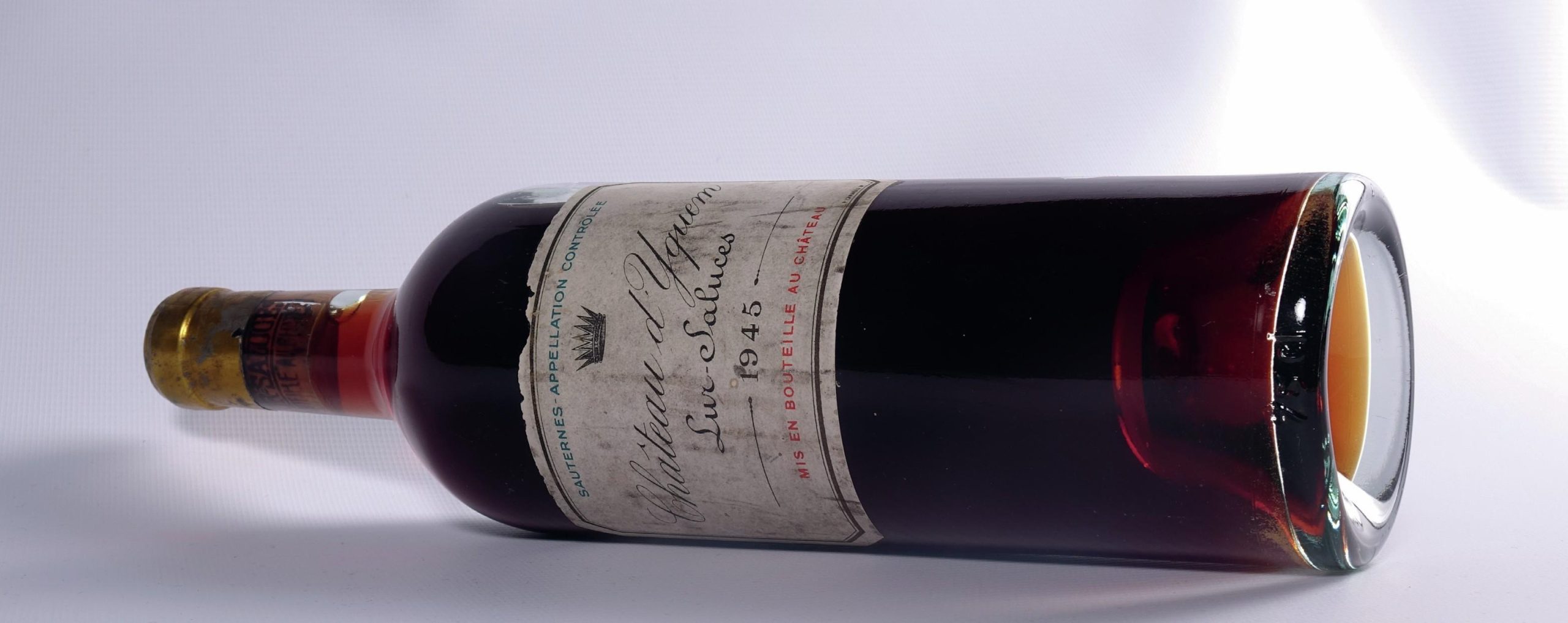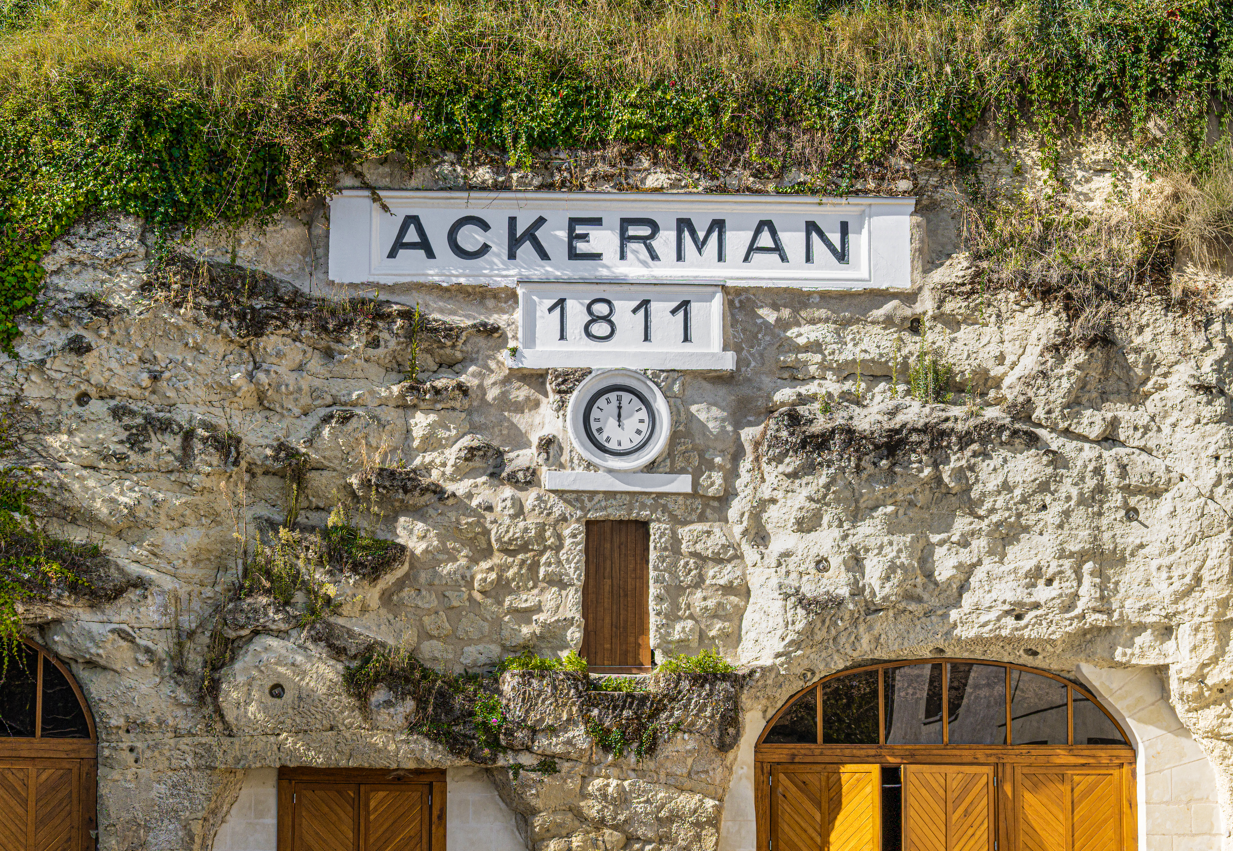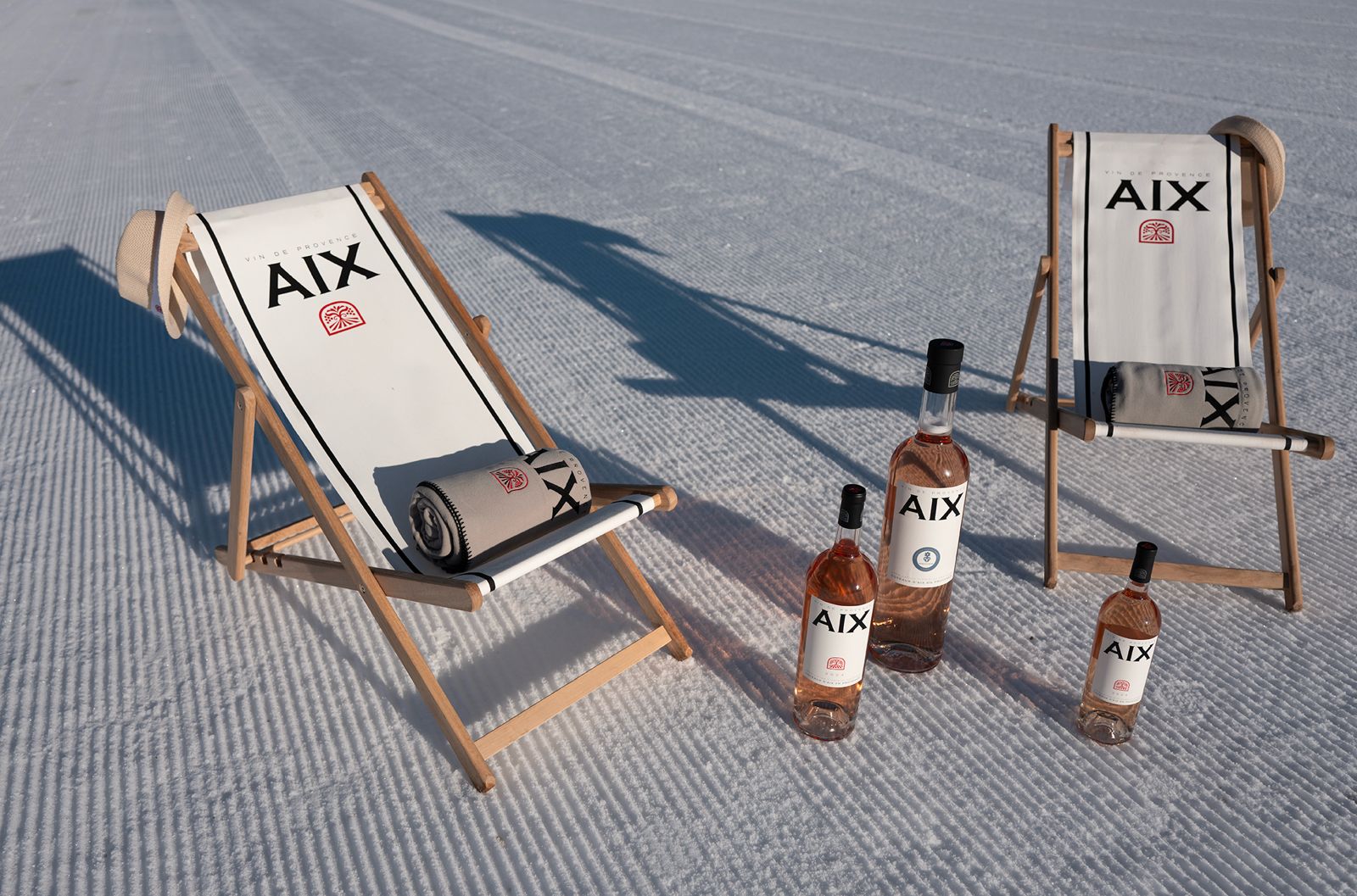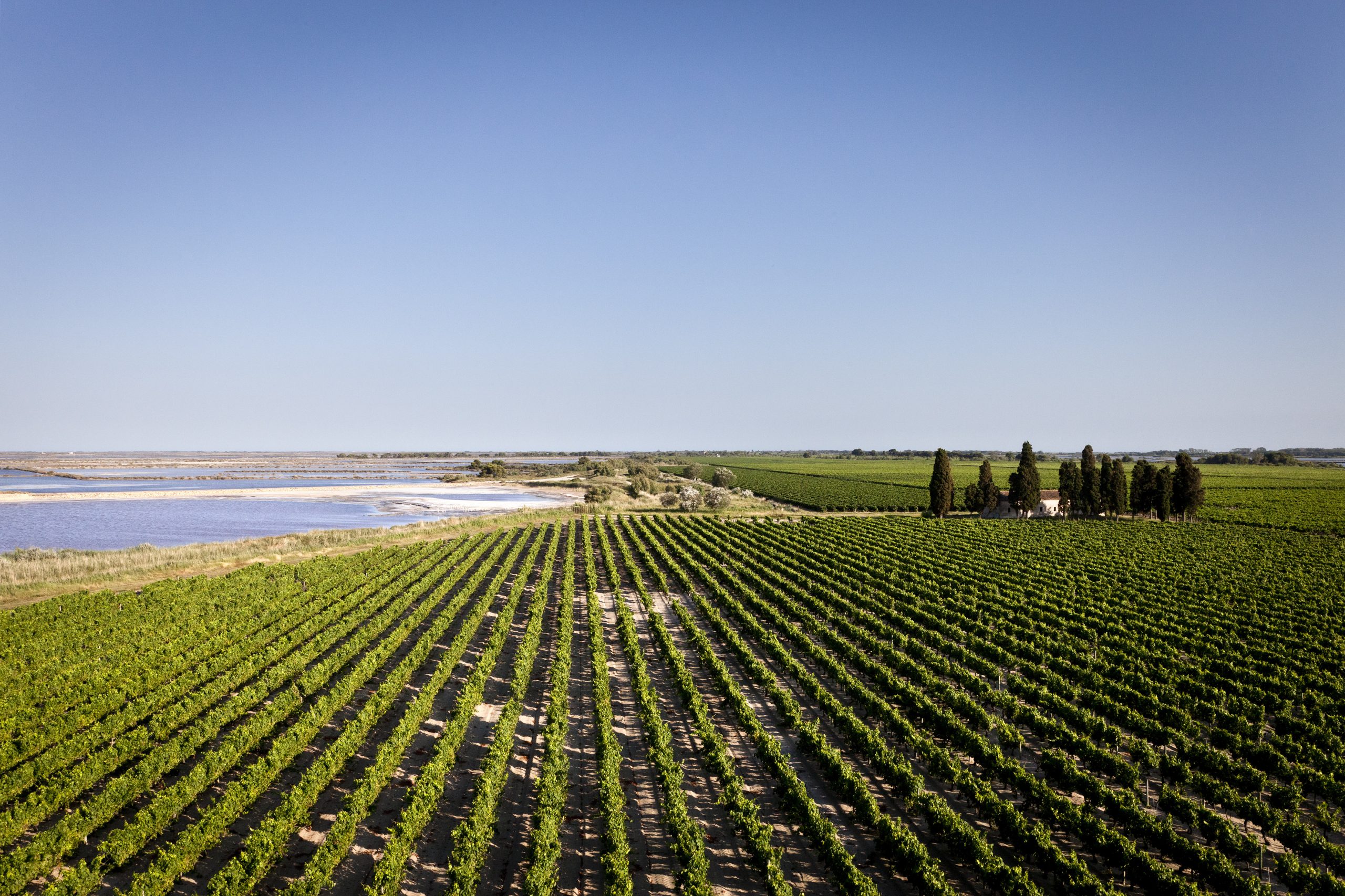EU blocks sale of Felton Road Riesling
Central Otago winery Felton Road has been prohibited from selling its Bannockburn Riesling in Europe because it falls below the 8.5% ABV limit set by the European Union.
Felton Road’s 2015 Bannockburn Riesling has an alcohol limit of 8.44%, slightly below the minimum level set by the EU for still wines.
As a result, the winery will not be able to sell any of the Riesling – Felton Road’s second best-selling white wine – in Europe, Felton Road’s owner Nigel Greening confirmed.
Greening insisted that it was a stylistic decision to keep the level of alcohol as low as it is for the winery’s Riesling.
“Of course, we can simply make sure we keep the alcohol above 8.5%, but in a world where we are all being asked to consume less alcohol and this style of Riesling is one of just a very few traditional low-alcohol wines that exist, it is the height of perversity to raise the alcohol in order to be allowed to sell it,” he said.
It is possible for wine regions to obtain special derogation of the law to allow for the trade of wines that fall outside of normal EU specifications. One such wine region is Germany, whose Mosel region is celebrated for its low-alcohol Rieslings, which often fall below the 8.5% ABV mark.
Greening said that Felton Road is currently in talks with New Zealand’s EU ambassador about obtaining the same derogation for New Zealand – an issue that he has asked to be raised in the next round of New Zealand trade negotiations in the Hague.
Regulation 2.4.1 of the European Commission rules on wine states that “wine shall have an alcoholic strength of not less than 8.5% vol or 9% vol depending on the wine-growing zone. However, by way of derogation from the otherwise applicable minimum alcoholic strength, wine with a protected designation of origin or geographical indication shall have an actual alcohol content of not less than 4.5% vol”.
“The key point here is that you can’t apply for a derogation unless the wine has a protected designation of origin or geographical indication,” Greening explained.
Partner Content
“As of the moment, New Zealand have not formalised geographical indications with legislation, and without that legal hurdle jumped, it isn’t possible to apply for a derogation.”
The New Zealand government has demonstrated a commitment creating geographical indication status to protect and promote its wines.
A bill passed in November established registration system to define regions in terms of the quality and reputation – a move that was welcomed by New Zealand Winegrowers and that could have implications for cases such as that of Felton Road’s Riesling.
“New Zealand Winegrowers will work closely with members and regional organisations to prepare and file registration applications. Applications will need to define regions as well as a quality, reputation, or other characteristic that is attributable to that place,” a statement from New Zealand Winegrowers said when the bill was passed.
Felton Road produces around 1,000 cases of Bannockburn Riesling, around 1,000 bottles of which is generally allocated to countries in the EU.
As a result of the EU ruling, this allocation will now be redirected to the Asian market.





“The New Zealand government has demonstrated a commitment creating geographical indication status to protect and promote its wines.”
Yes, we got a Geographical Indications (Wine and Spirits) Registration Act in 2006. And, before that, we had the Geographical Indications Act in 1994. So, there needs to be questions as to how much commitment and who is ultimately responsible here. The EU rules have been known for a long time – this is not the first occasion that an exporter has had troubles (most previous instances have been with dessert wines.)
Paul, then you’ll be pleased to know there is indeed very active work being done in this area at present. I think you’ll find it is an issue of complexity and the speed of the wheels of governance rather than any lack of commitment or interest from NZW.